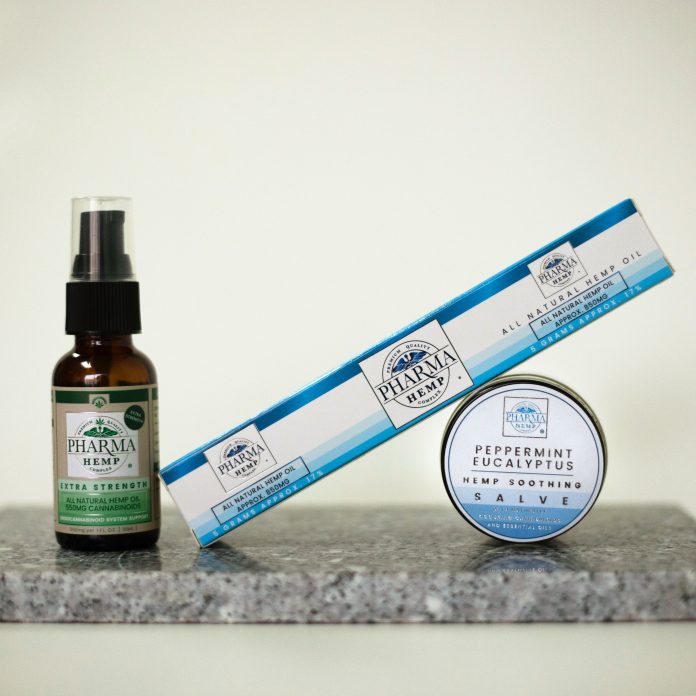As we get older and wiser, we are more and more likely to be taking a lot of medications for a lot of different issues. You might have heard that there is a supplement that you could take that would help you to cut back on some of the short-acting medications that you’re taking and help you to be your best self, no matter how old you are.
That supplement is a cannabinoid – either CBD, THC or a combination of the two can be a huge help for people with all sorts of issues. However, they are not the same thing and will affect you differently.
What is CBD?
CBD is also known as cannabinol. It is derived from Industrial Hemp, which is related to marijuana, but does not create the psychotropic effect that you would expect from weed.
What is THC?
THC is another cannabinoid, but it is usually derived from marijuana. Like weed, this gives you the high effect that you would expect. This cannabinoid is illegal in many states and countries because of this effect.
How do Cannabinoids Affect You?
CBD acts as a mild sedative, helping your body’s systems to calm down and come back to a state of homeostasis. This can help With sleeplessness, anxiety and even muscle spasms.
THC, on the other hand, acts almost like a cup of coffee.THC can increase your heart rate and blood pressure as well as create an effect of wakefulness. It can also dehydrate you.
When combined, these cannabinoids work together to balance out the other’s effects and limit the negative side effects that can come with each of them on their own.
Should You Use Cannabinoids?
To figure out if CBD or THC are right for you, you should talk to your doctor first. well these are natural chemicals, they can interact badly with other medications and health issues. They are also technically not approved by the FDA due to a lack of research on their long term effects. Despite that, they can be helpful for a lot of people and you could be one of them.
This article is intended for informational purposes only. If you have any questions or are considering any recommendations, please consult your health practitioner.
























